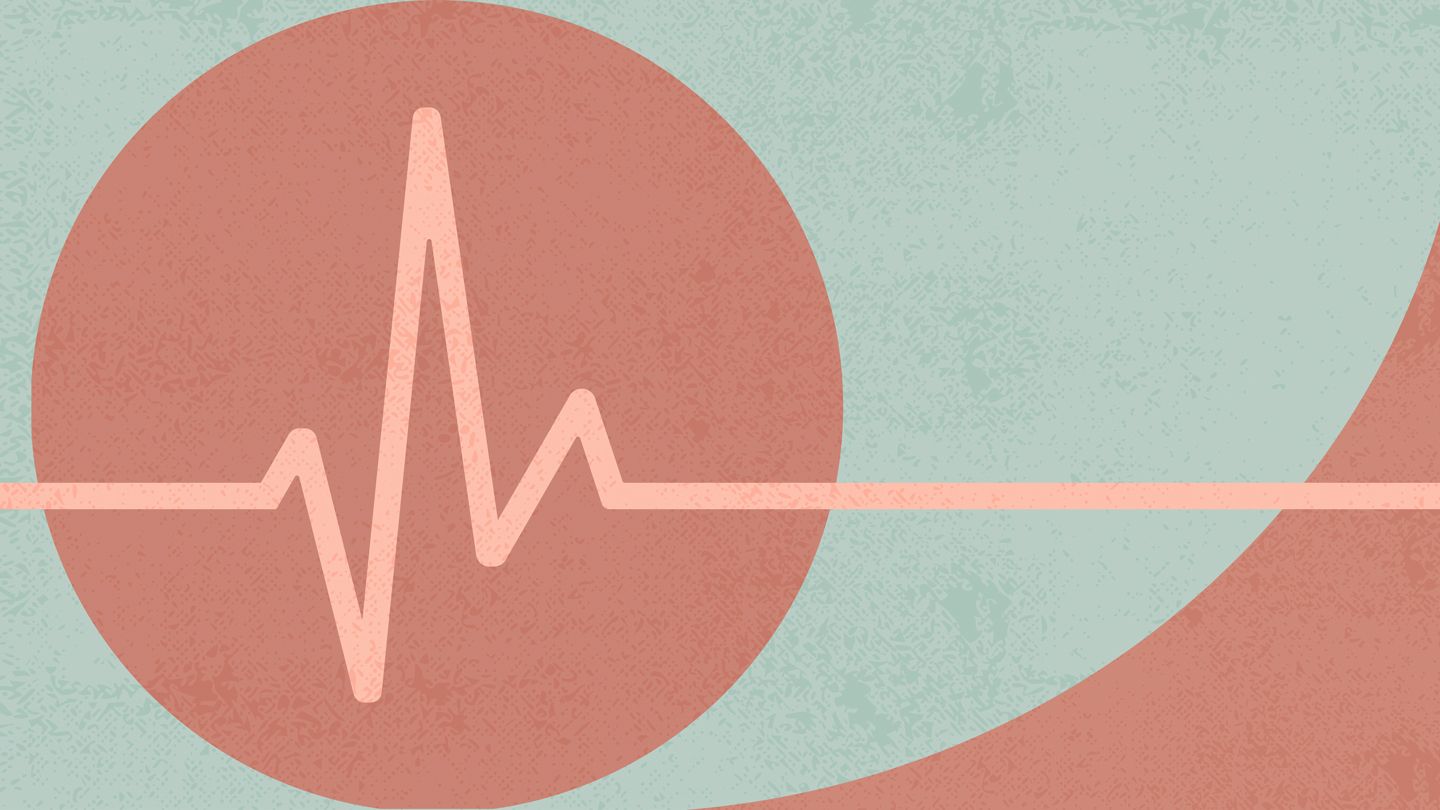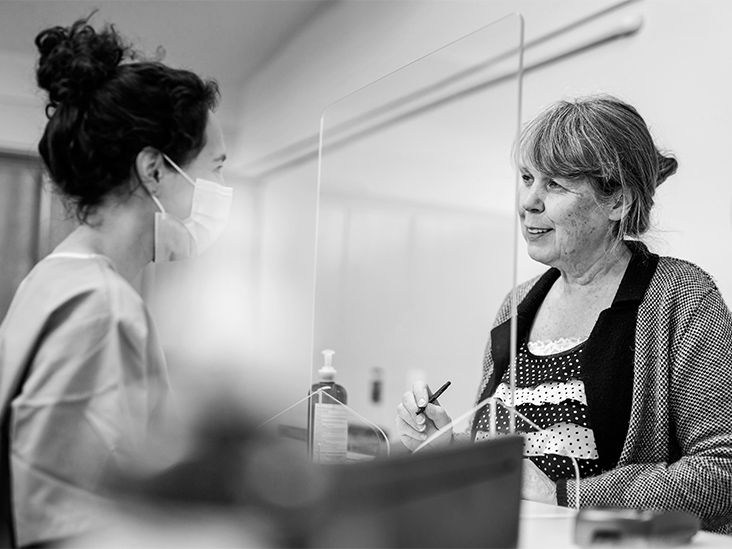Understanding Bladder Cancer
Bladder cancer is a disease in which malignant (cancerous) cells form in the tissues of the bladder. It is the 6th most common cancer in the United States. The most common type is transitional cell carcinoma, which starts in cells lining the inside of the bladder. As bladder cancer grows, it can spread through the bladder wall to nearby organs and lymph nodes or other parts of the body.
Stages of Bladder Cancer
Bladder cancer is staged based on how far it has spread:
- Stage 0 - Cancer is found only on the surface of the inner lining of the bladder.
- Stage I - Cancer has spread to the layer of connective tissue next to the inner lining of the bladder.
- Stage II - Cancer has spread to the thick muscle layer of the bladder wall.
- Stage III - Cancer has spread beyond the muscle into the fatty tissue layer surrounding the bladder.
- Stage IV - Cancer has spread to nearby organs like the prostate, uterus, vagina, rectum, abdomen or pelvic wall. Or it has spread to lymph nodes in the pelvis or distant sites in the body.
The stage of bladder cancer determines treatment options and prognosis.
Symptoms of Bladder Cancer
Common symptoms of bladder cancer include:
- Blood in the urine (hematuria)
- Frequent or painful urination
- Feeling like you need to urinate urgently or frequently
- Lower back pain on one side
- Pelvic pain
These symptoms can be caused by other conditions, but it's important to see a doctor to investigate any concerning or persistent symptoms.
What to Expect When Dying from Bladder Cancer
The progression of bladder cancer and experience of dying from it can vary significantly depending on the individual. However, there are some common experiences to expect as the disease advances.
Pain and Discomfort
As bladder cancer grows and spreads, it can cause pain and discomfort in several ways:
- The tumor growing in the bladder may obstruct urine flow, leading to bladder spasms and urgency.
- It can spread into the bones, nerves or organs, causing pain in those areas.
- Blockages in the urinary tract can cause kidney pain or infection.
- Bleeding from the tumor can cause cramps or pain.
Managing pain is an important priority in end-of-life care. Medications, procedures, complementary therapies and mental health support can help reduce suffering.
Urinary Symptoms
Many people with advanced bladder cancer experience urinary difficulties:
- Frequent or urgent urination
- Inability to control urine (incontinence)
- Blood in the urine
- Difficulty urinating or inability to empty the bladder
catheters, antibiotics, medications, dietary changes and other methods can help manage urinary problems and infections near the end of life.
Fatigue
As bladder cancer progresses, it's common to feel increasingly tired and weak. The cancer itself, along with the side effects of treatment, poor nutrition, dehydration, infections, blood loss, and accumulation of toxins can contribute to extreme fatigue and exhaustion. Getting extra rest, using energy conservation techniques, and asking for help with tasks can help manage fatigue.
Appetite Loss
Lack of appetite and unintentional weight loss are common as bladder cancer advances. This can be due to the effects of the cancer, treatment side effects, pain, fatigue, nausea, constipation, depression or anxiety. Eating smaller, frequent meals, trying nutritional supplements, and focusing on favorite foods may help increase calorie and nutrient intake.
Emotional Difficulties
Being diagnosed with terminal cancer can bring up many emotions like fear, anger, sadness, anxiety or depression. Talking to loved ones, joining a support group, seeing a therapist and using relaxation techniques can help process these feelings. Medications may also be used to manage severe anxiety or depression.
Spread to Other Organs
Advanced bladder cancer often metastasizes, or spreads to other parts of the body. Common sites are the lymph nodes, bones, liver, lungs and peritoneum. This can cause various issues:
- Bone metastases may lead to pain, fractures and hypercalcemia (high calcium).
- Liver metastases can cause jaundice, abdominal swelling, itching and mental confusion.
- Lung metastases can create breathing difficulties, cough and shortness of breath.
- Brain metastases can impair neurological functioning, including seizures, headaches and cognitive changes.
Treatment focuses on reducing pain and side effects from metastases in different organs and improving quality of life.
Kidney Failure
Spread of bladder cancer to the ureters or kidneys can obstruct urine flow, leading to kidney damage or failure. This requires dialysis to filter wastes from the bloodstream. However, dialysis may be stopped near the end of life to avoid additional stress on the body.
Nutritional Deficiencies
Poor intake and absorption of nutrients because of advanced cancer can lead to issues like:
- Anemia - Low red blood cells from not getting enough iron, folate or vitamin B12.
- Loss of appetite and muscle mass from inadequate protein and calories.
- Weakened immune system from low white blood cell counts.
- Fatigue and neurological problems from vitamin deficiencies.
Intravenous fluids, nutritional supplements, tube feeding or appetite stimulants may help manage malnutrition at the end of life.
Infections
Bladder cancer weakens the immune system and urinary tract blockages increase infection risk. Common infections include:
- Urinary tract infections
- Pneumonia
- Sepsis
- Infected pressure ulcers
Antibiotics, wound care and preventing bed sores help manage infections. But treatment may be stopped if it causes unnecessary discomfort near death.
Respiratory Difficulties
Metastases to the lungs, pneumonia, fluid buildup, or other effects of late-stage bladder cancer can make breathing more difficult. Supplemental oxygen, positioning, medications and other palliative treatments can ease breathing problems.
Preparing for End of Life
To help cope with dying from bladder cancer, consider taking these steps:
Get palliative care
Palliative care provides comfort and pain relief for serious illness. It can be received alongside curative treatment. Hospice provides similar support at end of life.
Create advance directives
Advance directives like a living will and healthcare power of attorney document your wishes for end-of-life medical care if you can't communicate.
Plan funeral arrangements
Making funeral plans in advance can ease the burden on loved ones. Decide your wishes for burial, cremation, services, obituary, etc.
Say goodbyes
Having heart-to-heart talks to say goodbye allows connection and closure with loved ones. Share memories, feelings, and things left unsaid.
Try life-completion activities
Life review activities, like creating legacy projects or reminiscing about your life's journey, can bring meaning and resolution near death.
Arrange caregiving help
Hospice or home health aides can provide pain management, bathing, household chores and comfort care in your final days.
Get spiritual support
For some, connecting with chaplains, faith leaders or communities provides spiritual comfort and strength when dying.
What to Expect at Very End of Life
In the last days and hours of living, the body starts shutting down. While experiences vary, people dying from bladder cancer often have:
- Minimal consciousness - due to organ failure, toxins and medications.
- Little interest in food or drink - The body naturally loses interest as digestion shuts down.
- Breathing changes - Congestion can cause wet, rattling breaths. Periods of no breathing may increase near the end.
- Decreased urination - Kidney function declines, reducing urine output.
- Coolness - Circulation slows, causing hands and arms to feel cool to the touch.
- Restlessness - Some terminally ill patients pick at sheets, have jerking limbs, or seem agitated.
Providing comfort, connection and reassurance can help ease the dying process. Hospice staff and caregivers are trained to understand these changes are natural and make the person as comfortable as possible.
Saying Goodbye
No one can fully predict when the end will come. But staying involved, showing love, fulfilling last wishes, and just being present can help complete the life journey.
Dying from bladder cancer brings unique challenges at the end of life. But with compassionate palliative care, support from loved ones, and respect for the dying process, this last transition can have meaning and closure.
FAQs
What are the most common symptoms at the end stages of bladder cancer?
Frequent urinary tract infections, blood in urine, back pain, fatigue, loss of appetite, nausea, and swelling in the legs and feet are common symptoms as bladder cancer advances. Spread of cancer to other organs can also cause organ-specific symptoms.
What should I expect in the last few weeks of life from bladder cancer?
In the last weeks, people with end-stage bladder cancer often experience extreme fatigue, minimal appetite, confusion, and increased difficulty with urination and bowel movements. Congestion may start in the lungs, causing wet, rattling breathing sounds.
How long can someone live after being diagnosed with terminal bladder cancer?
Life expectancy after diagnosis of terminal bladder cancer depends on the individual's response to treatment and how advanced the cancer was at diagnosis. Some may live weeks to months, while others may live 1-2 years with terminal disease before it ultimately progresses.
What kind of care is available for people dying from bladder cancer?
Palliative care and hospice services are specifically tailored to provide symptom management, pain relief, counseling, comfort care and support for people living with advanced bladder cancer. This improves quality of life for patients and families.
What can I do to prepare for dying from bladder cancer?
Steps to prepare include getting affairs in order, making legal/financial arrangements, saying goodbyes, spending time doing meaningful activities, establishing caregiving help, and working with a palliative care team to optimize comfort during the dying process.
Disclaimer: This article is for informational purposes only and does not constitute medical advice. Always consult with a healthcare professional before starting any new treatment regimen.
Related Coverage
Feelings of impending death can arise from anxiety, depression, PTSD, illnesses, and trauma. Addressing mental health and reframing mortality perspectives can help....
What happens physically and mentally leading up to death and just after, according to scientific research. Covers brain activity, reflexes, the transition, and theories about consciousness....
Finding the right Medicare plan for parents doesn't have to be confusing. Get clear guidance on coverage options and make an informed choice....
Get clear info on Medicare in Oregon, including coverage options, Medicare Advantage, Part D, and how it works with OHP....
Get clear info on Kentucky Medicare options including coverage, costs, and enrollment to make the best healthcare choice....
See how Medicare Advantage plans handle the donut hole in 2025 and what the coverage gap closure means for your prescription costs....
Navigate Medicare in Idaho with confidence. Compare plans, avoid mistakes, and choose smart coverage that fits your health and budget....
See how IRMAA Medicare premiums are determined based on your income and what you can do to manage them effectively....
Find out if Medicare electric bikes are covered, what alternatives exist, and how seniors can still get the mobility they need....
Dying and dieing are often confused due to similar spellings. Learn the proper uses of dying, why dieing is incorrect, and tips to remember the right word....








